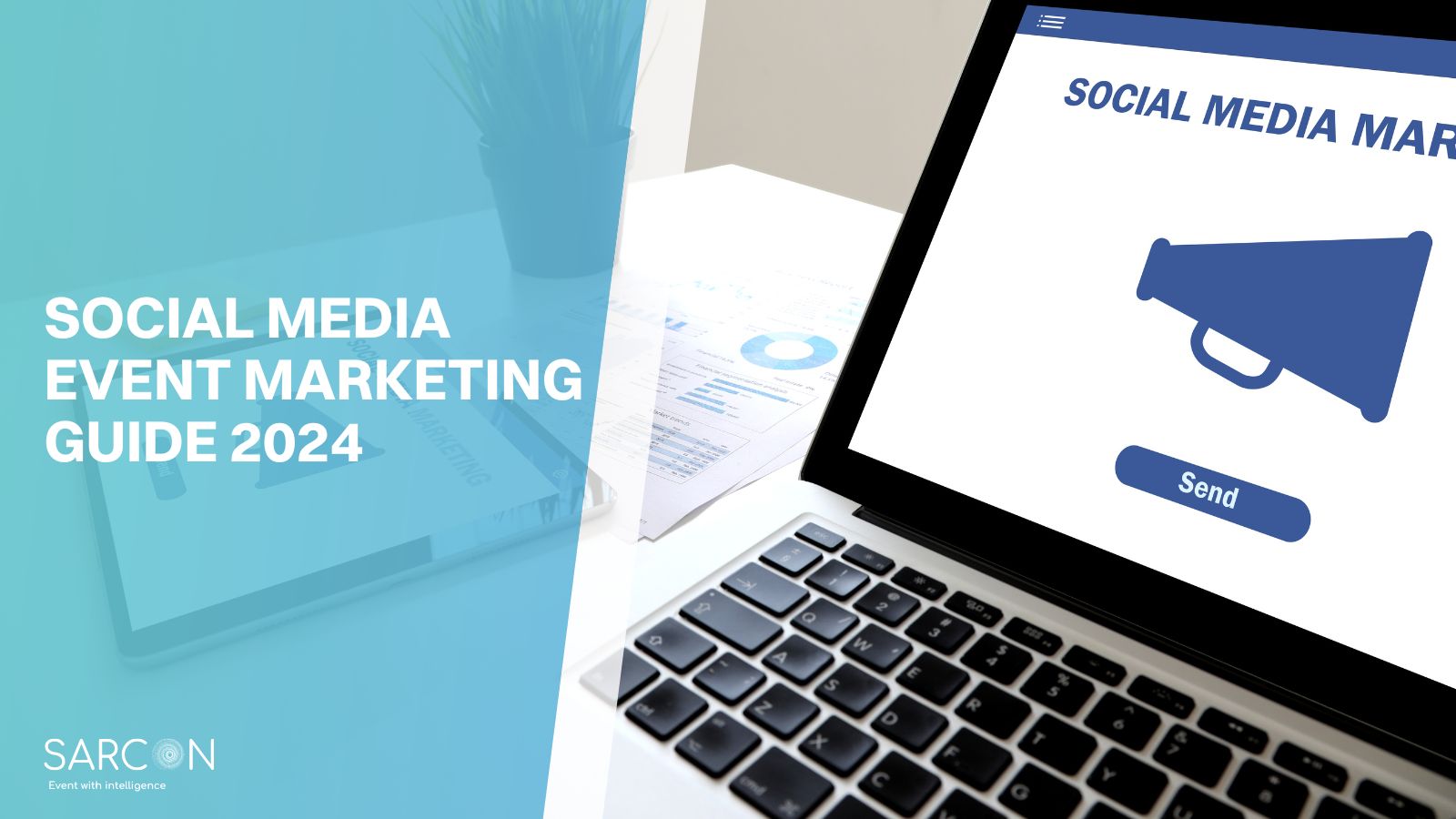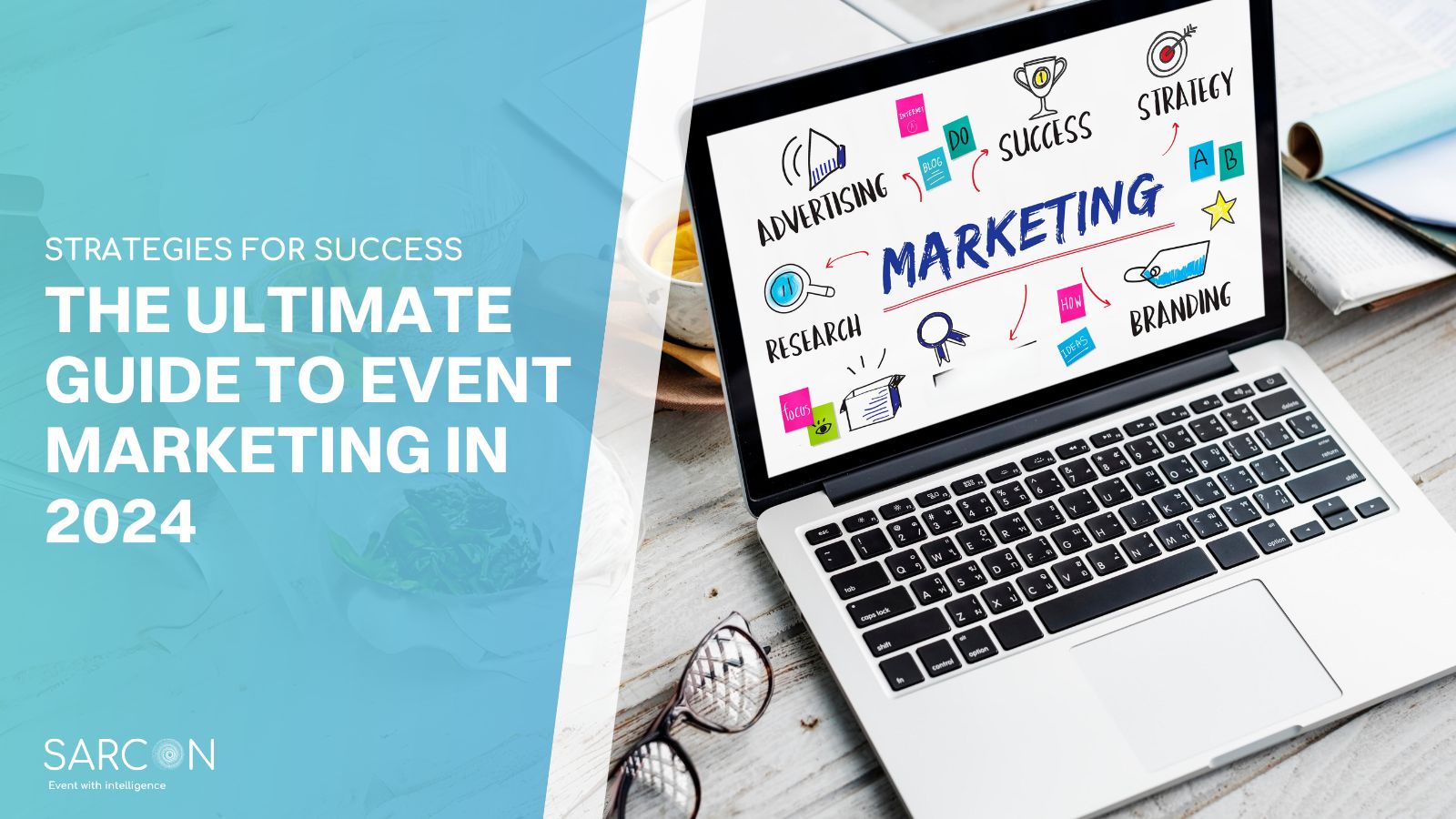Planning and organizing events can be a daunting task, but selecting the right event ticketing platform can make a world of difference. In this article, we’ll delve into the essential features you need to consider when choosing an event ticketing platform. Whether you’re organizing a small seminar or a massive concert, these factors will help you make an informed decision and ensure a smooth ticketing experience for both you and your attendees.
The Foundation: Choosing the Right Event Ticketing Platform
1. User-Friendly Interface
A user-friendly interface is all about ease of use. When selecting an event ticketing platform, look for one that offers a simple and intuitive interface. This means that setting up events, selling tickets online, and making updates should not require extensive technical knowledge or training. A user-friendly interface saves you time and reduces the chances of errors during the ticketing process.
2. Mobile Responsiveness
Mobile responsiveness is crucial in today’s mobile-centric world. It refers to the platform’s ability to adapt and display correctly on various mobile devices, such as smartphones and tablets. Ensure that the platform you choose provides a seamless experience for attendees who want to purchase tickets or access event information on their mobile devices. Having a mobile friendly Event Microsite feature enhances accessibility and user satisfaction.
3. Payment Processing Options
Consider the diversity of payment options the ticketing platform supports. It should accommodate various payment methods, including credit cards, PayPal, and possibly even alternative payment options like digital wallets. Offering multiple payment choices increases the likelihood of attracting a broader range of attendees and simplifies the ticket purchasing process for them. Choosing the registration platform like regcheck pro with flexibility in payment integrations can make or break your event balance sheet.
4. Customization Features
Every event is unique, and your ticketing platform should allow you to customize the ticketing process to suit your specific needs. Look for features that enable you to brand your ticketing page, create different ticket types (e.g., VIP tickets, early bird tickets), set up seating charts, and customize the checkout process. Customization ensures that the platform aligns with the branding and requirements of your event.
5. Analytics and Reporting
Data is a valuable asset for event organizers. A good ticketing platform should offer robust analytics and reporting tools. These tools allow you to track various metrics, including ticket sales, attendee demographics, and revenue. Analyzing this data provides insights into the effectiveness of your marketing efforts and the overall success of your event.
6. Integration Capabilities
To streamline your event management process, opt for a ticketing platform that integrates seamlessly with other tools and services you use. This might include email marketing platforms, customer relationship management (CRM) software, or event management software. Integration reduces manual data entry and enhances the efficiency of your event planning.
7. Customer Support
In the event industry, problems can arise at any time. Therefore, it’s crucial to choose a ticketing platform with responsive customer support. Look for platforms that offer multiple contact options, such as phone, email, and live chat. Additionally, research the platform’s reputation for quick problem resolution to ensure you can get timely assistance when needed.
8. Security Measures
The security of your attendees’ data is paramount. Ensure that the ticketing platform you select employs robust security measures. This includes data encryption to protect sensitive information and secure payment processing to safeguard financial transactions. Prioritizing security builds trust with your attendees and helps you comply with data protection regulations.
9. Scalability
Consider the potential for your event to grow over time. The ticketing platform should be scalable, meaning it can handle a growing number of attendees without compromising on performance. Scalability ensures that the platform continues to meet your needs as your events become more popular and attract larger audiences.
10. Pricing Structure
Evaluate the pricing structure of the ticketing platform carefully. Look for transparency in pricing with no hidden fees. Compare the platform’s costs to your budget and the expected ticket sales for your event. Understanding the pricing structure helps you avoid unexpected expenses and ensures that the platform aligns with your financial plan.
Also Read | 72 Event Management Tools and Software For Event Planners
Conclusion
Choosing the right event ticketing platform is a critical step in ensuring the success of your event. By considering the ten essential features outlined in this article, you’ll be well-equipped to make an informed decision that meets your specific event management needs. Remember that a user-friendly interface, mobile responsiveness, and robust security measures are just a few of the key factors that can make your event ticketing process a breeze.
Frequently Asked Questions (FAQs)
Q: Do I need a dedicated team to manage the ticketing platform?
Not necessarily. Many ticketing platforms are user-friendly and require minimal technical expertise. However, having a dedicated team can help ensure a smooth operation.
Q: Can I sell tickets for different types of events on the same platform?
Yes, many ticketing platforms allow you to create and sell tickets for various types of events, making it convenient for event organizers.
Q: Are there any marketing features included in ticketing platforms?
Some ticketing platforms offer built-in marketing tools, such as email marketing and social media integration, to help you promote your event.
Q: What happens if the event is canceled or rescheduled?
The ticketing platform should have a clear policy for handling such situations, including refund options for attendees.
Q: How can I prevent ticket fraud and scalping?
Ticketing platforms often have anti-fraud measures in place, such as barcode validation and secure ticket delivery methods.
Q: Can I track attendee data for future events?
Yes, most ticketing platforms provide attendee data that can be valuable for planning future events and marketing efforts.



